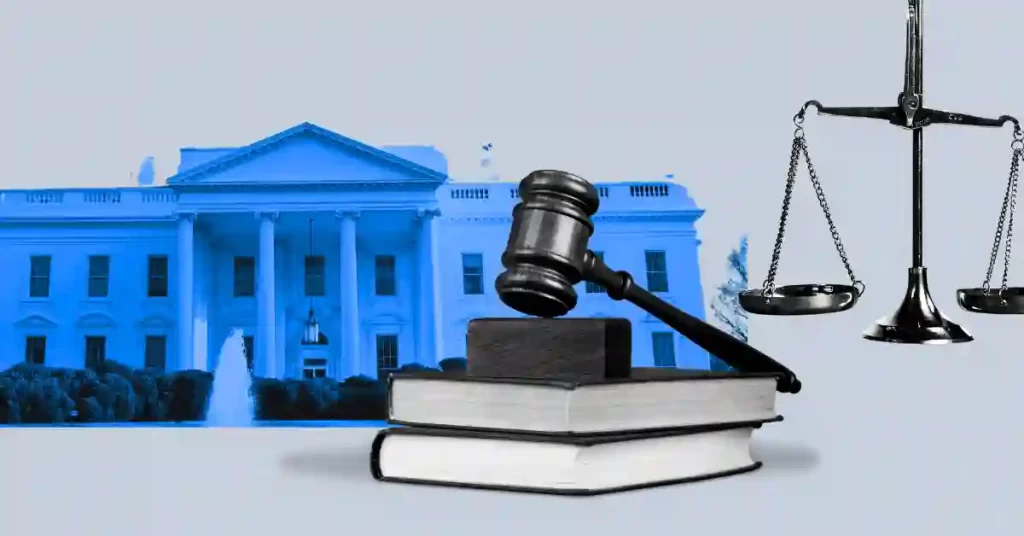- December 14, 2024
- Posted by: admin
- Category: BitCoin, Blockchain, Cryptocurrency, Investments


The post John E. Deaton Calls for SEC-CFTC Merger to Simplify Crypto Regulations appeared first on Coinpedia Fintech News
John E. Deaton, a vocal advocate for the crypto industry, has once again shared his views on the need for better regulation. He has often criticized SEC Chair Gary Gensler and his approach, which many see as stifling the growth of cryptocurrencies. This time, Deaton is highlighting a potential solution: merging the SEC (Securities and Exchange Commission) and the CFTC (Commodity Futures Trading Commission).
One Crypto, One Rule!
On Mornings with Maria, Perianne Boring discussed how having two separate agencies oversee financial markets creates confusion and inefficiency. Deaton agreed, explaining that combining the two agencies into one could clear up the overlapping responsibilities and conflicts between them. This would make it easier for companies to follow the rules and provide a consistent approach to regulating both securities (like stocks) and commodities (like Bitcoin and other cryptos).
Deaton believes that as cryptocurrencies often fall into gray areas between securities and commodities, having one unified regulator could simplify things for everyone. It would also align the U.S. with other countries that have a single financial regulator, making it easier for the U.S. to stay competitive in global markets.
DOGE and the Push for Consolidation
Moreover, Elon Musk and Vivek Ramaswamy, both supporters of Dogecoin (DOGE), are emerging as potential advocates for merging the SEC and CFTC. This proposed merger could simplify regulations for new technologies like cryptocurrencies, providing much-needed clarity for investors and businesses navigating the current complex regulatory landscape.
John E. Deaton also highlighted payments as another area where consolidation is urgently needed. He pointed out that over a dozen federal agencies, including the Federal Reserve, FinCEN, and the SEC, are involved in regulating payment systems. A unified regulatory framework could streamline these processes.
Deaton used XRP as a prime example of regulatory discord. Despite being classified as a virtual currency by FinCEN in 2015, the SEC declared it a security five years later, causing massive investor losses.
Uniting Forces for Crypto Clarity
U.S. Congressman John Rose introduced a bill on Sep 12, to foster collaboration between the SEC and CFTC via a Joint Advisory Committee on Digital Assets. Part of the “Bridging Regulation and Innovation for Digital Global and Electronic Digital Assets Act,” the committee would include industry experts, users, and academics to guide the agencies on harmonizing laws, measuring digital assets, and using blockchain for efficiency and consumer protection.
The committee, with at least 20 non-government members and one representative each from the SEC and CFTC, would meet twice annually, with two-year member terms. Their recommendations would require public responses from the agencies, ensuring accountability.
A strong crypto advocate, Rose aims to replace “regulation-by-enforcement” with a cooperative framework that fosters U.S. innovation. His pro-crypto stance includes backing the FIT21 Act and opposing excessive government control over digital assets.
